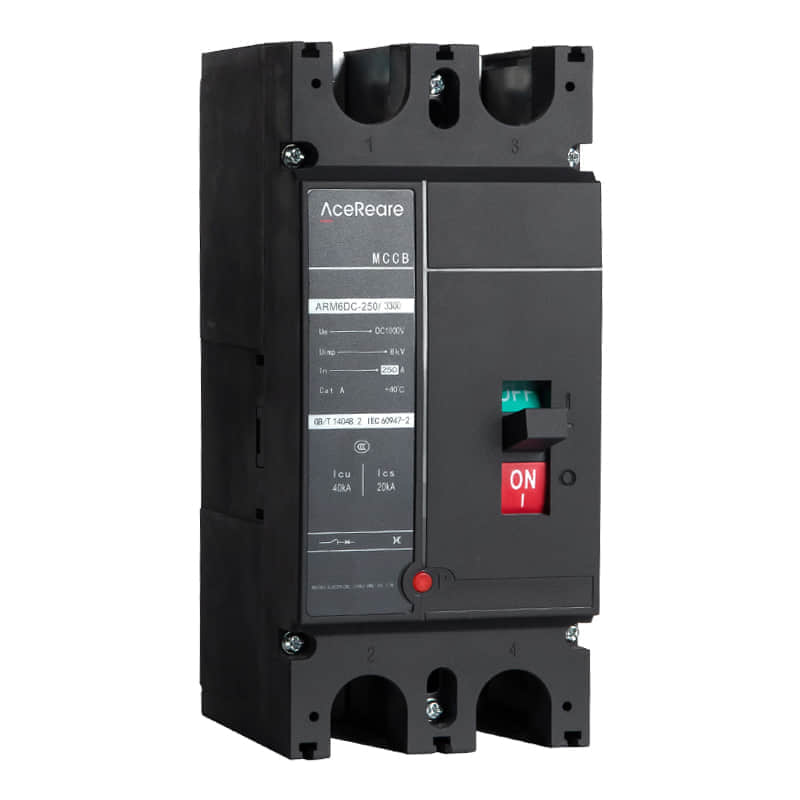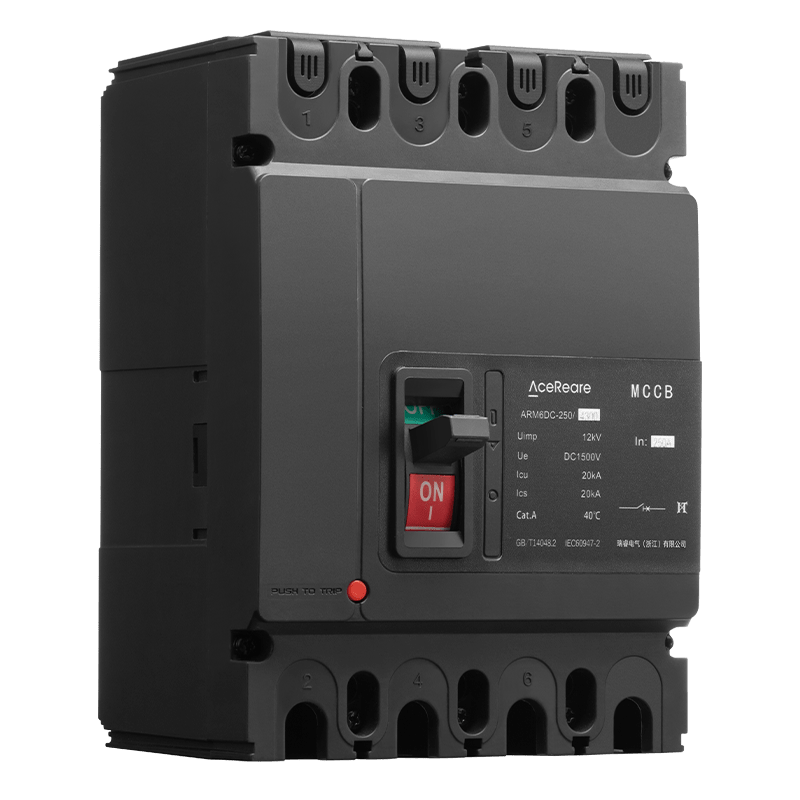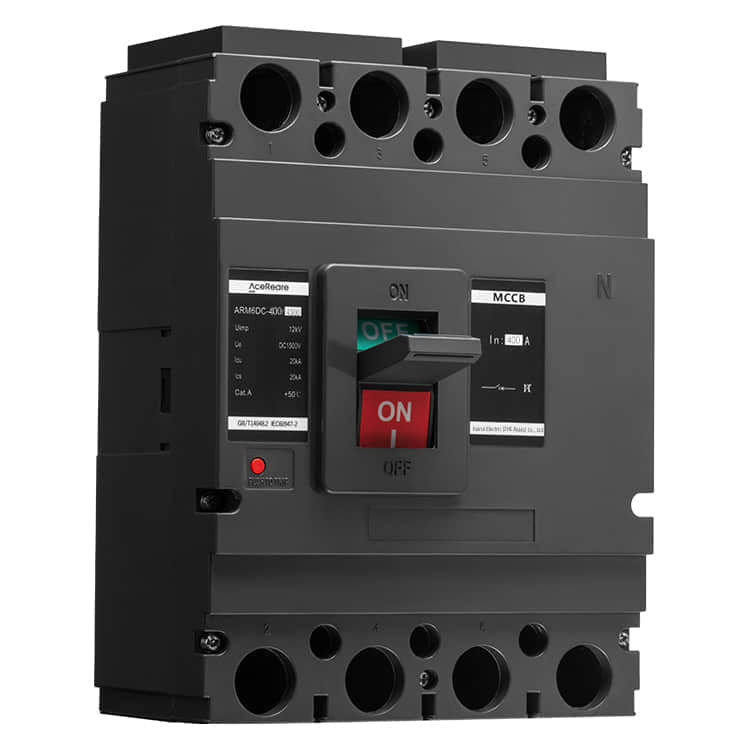In the world of electrical engineering and power distribution, innovations continually shape the way we manage and safeguard electrical systems. Among these crucial advancements, the DC Molded Case Circuit Breaker stands out as a cornerstone of safety and efficiency. This article explores the features, benefits, and applications of the DC Molded Case Circuit Breaker in modern electrical systems.

Introduction

DC Molded Case Circuit Breakers (DC MCCBs) have gained significant attention due to their vital role in protecting electrical circuits and equipment from overloads, short circuits, and other faults. While AC (alternating current) systems have long benefited from circuit breaker technology, DC systems present unique challenges that necessitate specialized solutions like DC MCCBs. Features and Benefits Precise Protection: DC MCCBs are engineered to offer precise and reliable protection against overcurrents. This is especially crucial in DC systems, where fault currents tend to be more persistent than in AC systems. The DC MCCBs quickly detect abnormal currents and interrupt the circuit to prevent damage. Compact Design: These circuit breakers come in a compact molded case, which not only saves space but also enhances their durability. The casing provides mechanical protection, making them suitable for various environments, including industrial settings. Adjustable Settings: Many DC MCCBs come with adjustable settings that allow engineers to customize protection parameters according to the specific needs of the system. This adaptability ensures optimal protection while minimizing unnecessary disruptions. Remote Monitoring: Advanced DC MCCBs can be equipped with remote monitoring capabilities. This feature enables real-time monitoring of the circuit breaker’s status, current load, and any triggered events, enhancing system maintenance and troubleshooting. Selective Coordination: In complex electrical systems, coordination between circuit breakers is essential to isolate faults without causing unnecessary shutdowns. DC MCCBs facilitate selective coordination, ensuring that only the affected portion of the system is isolated while the rest remains operational. Applications Renewable Energy Systems: DC MCCBs play a pivotal role in solar power generation, wind energy installations, and other renewable energy systems. They safeguard critical components like inverters, batteries, and power converters from current surges and faults, contributing to the reliability of these systems. Telecommunications: Telecom networks often rely on DC power systems to ensure uninterrupted communication. DC MCCBs protect the power supply to cellular towers, data centers, and communication equipment, preventing service disruptions. Transportation Electrification: With the rise of electric vehicles (EVs) and electric trains, DC MCCBs are essential components in charging stations and traction systems. They ensure safe and efficient energy distribution in these high-demand environments. Industrial Applications: Industries that rely on DC-powered equipment, such as steel mills, mining operations, and manufacturing plants, benefit from the robust protection offered by DC MCCBs. These breakers safeguard motors, drives, and other machinery from faults. Conclusion The evolution of electrical systems has prompted the development of specialized components like DC Molded Case Circuit Breakers. Their ability to provide accurate protection, adaptability, and remote monitoring capabilities addresses the unique challenges posed by DC systems. From renewable energy to telecommunications and transportation electrification, the applications of DC MCCBs are diverse and indispensable. As technology continues to advance, these circuit breakers will remain vital in ensuring the safety, reliability, and efficiency of modern electrical systems.
